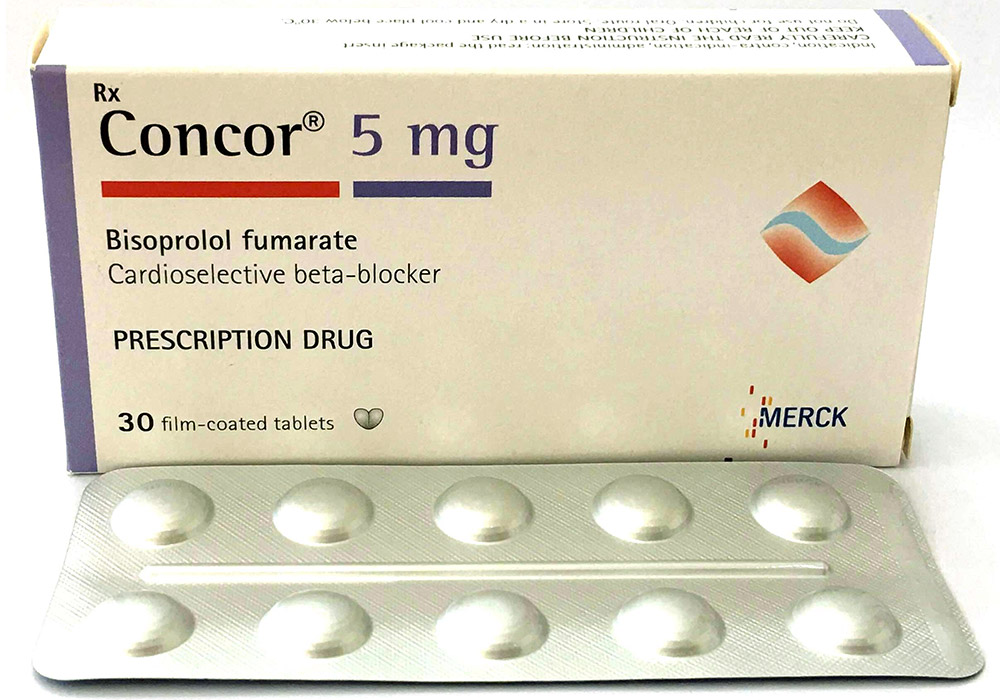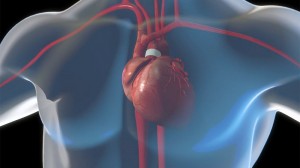Mitral Valve Prolapse (MVP), or the collapse of the mitral valve at the left side of the heart, can be diagnosed in people at any age, but not all cases require treatments.
However, if the condition affects your activities and even threatens your life, your cardiologist will recommend one or several treatments. Understand the way cardiologist diagnoses Mitral Valve Prolapse, and what treatments you may get if your condition requires them.
Diagnosis of Mitral Valve Prolapse
If your cardiologist suspects the presence of MVP, he or she will perform a standard diagnosis by putting a stethoscope on your chest. Heart murmur or clicking sounds will be heard, but since they can be related to other conditions, the cardiologist will perform an additional examination to get the right diagnosis.
Common examination methods include:
Echocardiogram (Echo)
An echocardiogram helps cardiologist finding irregularities in the blood flow by creating heart image using soundwaves. This test is usually noninvasive, but in some cases, the doctor may insert a flexible tube through your throat and esophagus.
Electrocardiogram (EEG)
An electrocardiogram is a method that detects irregularities in your heartbeat using special probes. Combined with the Echo, this test can determine any irregularities and their possible sources, including the prolapse of the left mitral valve.
Chest X-ray
Chest X-ray creates an image of your heart, lungs, and blood vessels. People with MVP usually have abnormalities, such as getting their hearts enlarged a little.
Stress test
This test is done to determine the presence of mitral valve regurgitation (the amount of blood leaking through the imperfect valve). In this test, the doctor will ask the patient to perform the controlled exercise. If the patient cannot do it, the doctor will give special medication that can improve heart rate, as if the patient has just finished exercising.
Depending on your results, the doctor may want to do additional examination if he or she suspects more severe cardiopulmonary condition. If your diagnosis says MVP, there are two possibilities: either you don’t require treatment and only need regular checkups, or you do.
Common Treatments for Mitral Valve Prolapse

If your cardiologist decides that treatments are necessary, he or she may recommend one or several of these:
Antiarrhythmic medications
Antiarrhythmic medications are used to regulate heartbeats, which will later reduce the appearances of MVP symptoms. Examples of these medications are amiodarone, propafenone, or flecainide.
Anticoagulants
Anticoagulants are commonly known as “blood-thinner,” and they help to prevent blood clotting, which is a common risk of MVP. This condition is dangerous for people with the history of strokes or heart failure.
Anticoagulants have high risks, so they are usually prescribed strictly and can only be consumed during certain periods. Examples of these medications are heparin, warfarin, apixaban, edoxaban, and rivaroxaban. The lighter alternative of anticoagulants is aspirin.
Diuretics
Diuretics will be prescribed if you develop fluid in your lungs, which can happen to people with a persistent heart condition. If not drained, this fluid can cause unpleasant symptoms such as shortness of breath and “heavy” feeling in the chest.
Beta-blockers
Common medications for people with MVP, beta blockers work by widening the blood vessel and increasing blood flow. This is great to reduce irregularities in heartbeats, it also reduce your heart rate and blood pressure.
Valve repair surgery
Mitral valve repair is the most common surgical option for people whose condition requires serious treatment. In this procedure, the surgeons fix the damaged valve by cutting the excess tissue or reconnecting the prolapsed layers. When the valve is repaired, the blood flow becomes smoother, and the MVP symptoms disappear.
Valve replacement surgery
Mitral valve replacement surgery is more complicated than valve repair because the surgeons must attach the artificial valve to your heart to replace the damaged one. While the result is permanent, you need to take anticoagulant medications forever due to the blood clot risks.
In most cases, people with MVP only need to do regular check-ups with their cardiologist, because the condition may not require treatment. You can do normal activities without being too restricted by treatments.
What to Do after Receiving Diagnosis and Treatment Recommendations?

When a cardiologist delivers several options of treatment, don’t panic. Review each option carefully, and always ask about the risks.
It is better to prepare a question list, such as the cause of your condition, the type of diagnosis and treatments she had, the restrictions that you may face during treatments, and how it will affect you if you have other health conditions.
Antibiotics were parts of medication or surgical procedure for MVP because it was thought to reduce the risk of endocarditis. Antibiotics were commonly given before the actual procedures (such as surgery).
However, scientists have declared that antibiotics do not have any clear contribution to MVP treatment. Therefore, confirm with your doctor and ask the benefits of prescribing such products. You can always have a second opinion.
Finally, it is best to inform at least one family member (or someone close that you can trust). Involve that person in the diagnosis, consulting, and treatment process. They will provide emotional support and assistance you will need.




1 Comment
At what age is mitral valve repair or replacement not done. Also is moderate a direction of fixing now. How dangerous is it to fix or repair a 77 yr. old persons heart. I have left ventricular enlargement and a fib now and then.